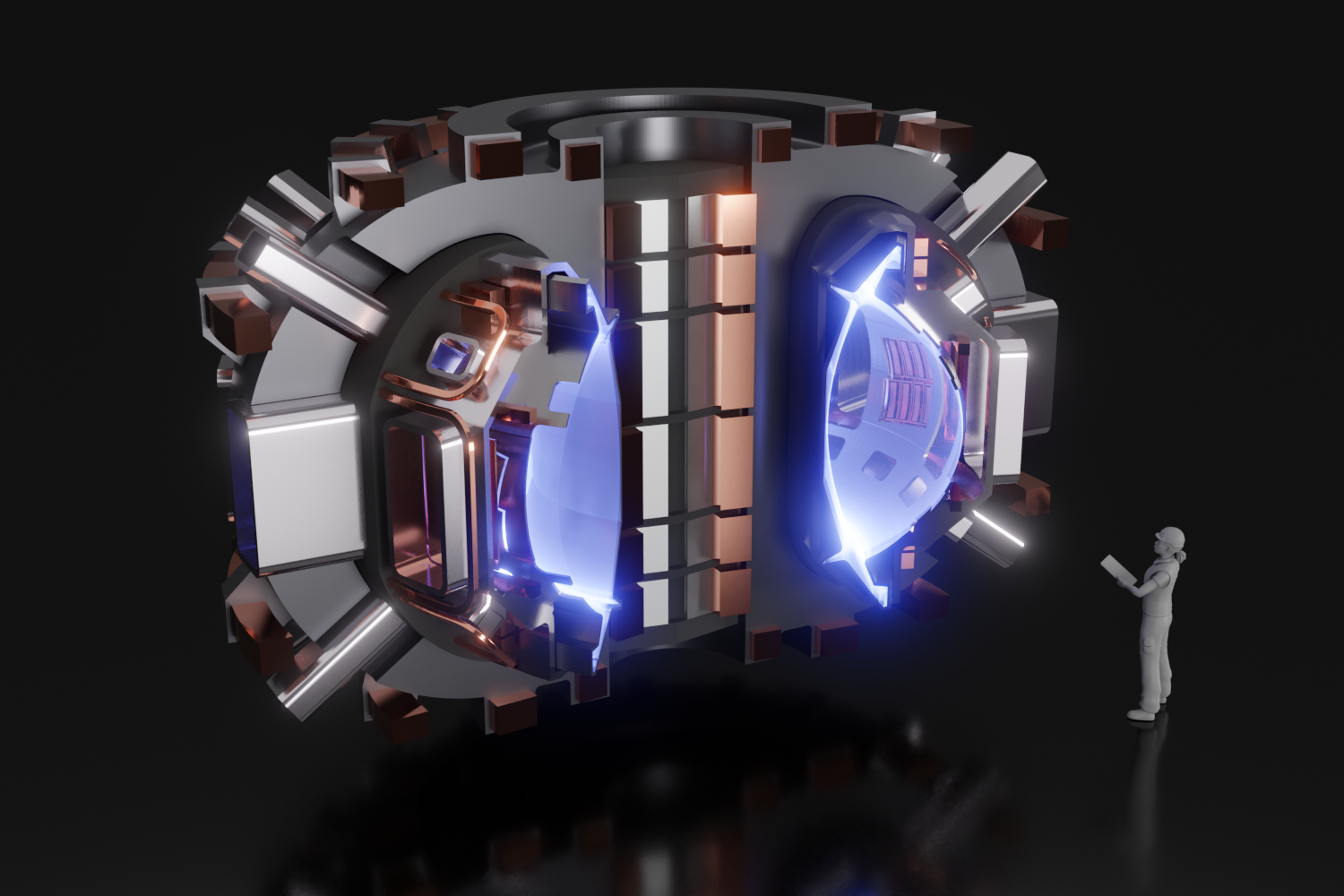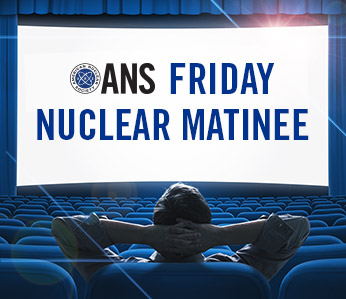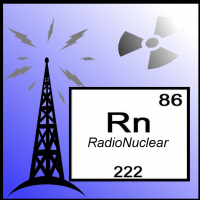Newest Russian icebreaker ready to hit the ice

The Russian nuclear-powered icebreaker Arktika. Photo: Rosatom
The Arktika, Russia’s latest nuclear-powered icebreaker, sailed from the Baltic Shipyard in St. Petersburg last week, bound for the Murmansk seaport. The voyage is scheduled to take approximately two weeks, during which time the vessel will be tested “in ice conditions,” according to Rosatom, Russia’s state-owned atomic energy corporation.






 Episode 29 of RadioNuclear is
Episode 29 of RadioNuclear is  As is the case on every 10APR, I find myself – even in the midst of the present national and, really, worldwide crisis – returning to thoughts of the USS THRESHER on this date in 1963. All of us who have been through the Naval Nuclear Power Program and served in submarines are aware to greater or lesser extent what happened; my experience, having served aboard one of the SUBSAFE boats whose development was a direct result of the accident, lends perhaps to more sustained reflection.
As is the case on every 10APR, I find myself – even in the midst of the present national and, really, worldwide crisis – returning to thoughts of the USS THRESHER on this date in 1963. All of us who have been through the Naval Nuclear Power Program and served in submarines are aware to greater or lesser extent what happened; my experience, having served aboard one of the SUBSAFE boats whose development was a direct result of the accident, lends perhaps to more sustained reflection.